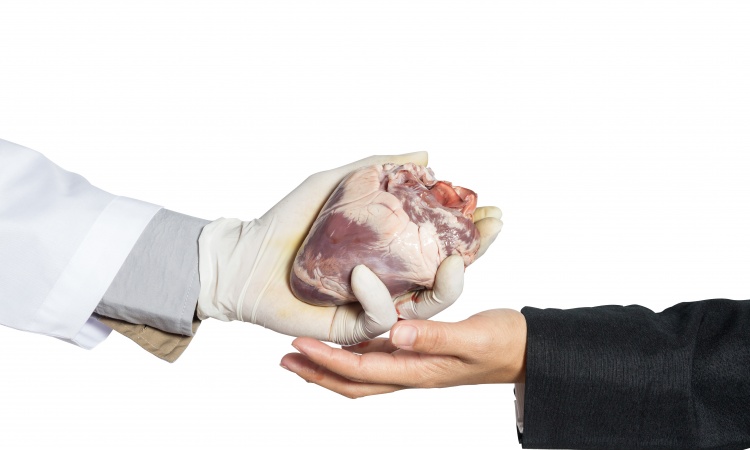The state of play in EU States
Waiting lists for organ transplants are lengthening in most European countries, forcing the need to increase donations higher up the medical and political agenda, Mark Nicholls reports.
Spain continues to lead the way in organ donation with the so-called Spanish Model approach, while other countries, e.g. the UK, are debating whether to adopt 'presumed consent' and an 'opt-out' rather than 'opt-in' system in an attempt to increase the number of organs available for transplant.

Some 40,000 people are on transplant waiting lists, but mortality rates for those awaiting heart, lung or liver transplants are up 30%. In contrast, Spain – with a population of 44 million – has seen waiting times and lists fall. In the case of heart transplants, for example, waiting list mortality is about 6.4%.
Organ donation has been discussed at the European Parliament and with more people needing transplants than donor organs in virtually every health system across the continent, the subject constantly engages health professionals and transplant co-ordinators.
The EU has established an Action Plan on Organ Donation and Transplantation from 2009-2015 for Strengthened Co-operation between member states. In April 2008, MEPs voted overwhelmingly to create an EU-wide donor card to tackle the transplants shortage. There is also a vision for a common ‘organ pool’, with cross-border organ donation and a single transplantation hotline.
Organ donation statistics show Spain has 34 organ donations per million population (pmp) compared with the UK with 13.2pmp, France 25.3pmp, Germany 16pmp, Italy 21pmp and Austria 23pmp while Greece has 5.8pmp and the USA has 26.6pmp.
Not only has Spain’s Organización Nacional de Trasplantes (ONT) been so successful in procuring organs, but that success has been sustained since the body was established in 1989.
ONT director Dr Rafael Matesanz explained that, while donor rates in some countries are now falling, Spain is currently stable at 34pmp. ‘This has been achieved despite the fact that new road safety measures have reduced the number of road traffic accident-donors by 50% during the last three years. They are now just 8% of all donors, but have been compensated by “more difficult” donors, such as cerebral bleedings or older donors,’ he said.
Spain attributes its success to its transplant co-ordination network with transplant co-ordinators based at the site of the donation. The prime function of the Spanish local donation team is to detect potential organ donors within intensive care units.
Dr Matesanz said the key element to the Spanish Model is a co-ordination network at three levels: national, regional and hospital.
He explained that Spain has a theoretical presumed consent law but, from a practical point of view, family consent is always asked for and the wishes of the relatives are always respected. ‘The central office of the ONT acts as the support agency in charge of organ sharing, transport, waiting list management, transplant registries, statistics, general and specialised information and action that can improve the whole process of organ donation and transplantation,’ said Dr Matesanz. ‘We are now developing the so called ‘40 donors pmp plan’, which tries to raise the donation rate of all the regions until 40 donors pmp. That has already been achieved in five out of 17 regions. We are also applying Benchmarking techniques, identifying the best practices and trying to extend them to all the hospitals. Deeper participation of emergency departments and stroke units seem to be one of the key points for improvement. We are now training young doctors at these units - together with intensivists - in order to get their co-operation and involvement.’
The Spanish Model is being applied in other states, particularly in Tuscany, Italy, with success.
In the UK, the debate on presumed consent for organ donation has been under way for a number of years. However, a recent review of research into the subject, commissioned by the Government’s Organ Donation Taskforce, found against introducing presumed consent. This was despite support from Prime Minister Gordon Brown, the chief medical officer Sir Liam Donaldson, the British Medical Association and public support showing 64% in favour.
01.07.2009







